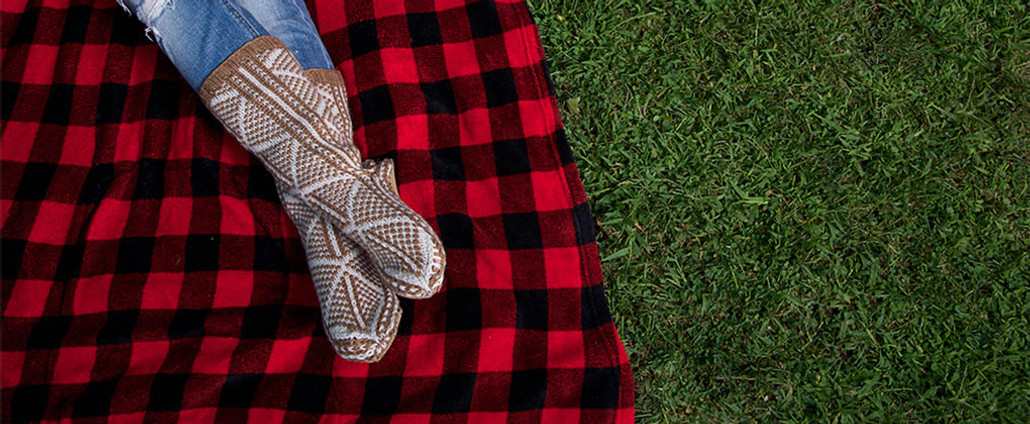Get comfy in our casual alpaca socks
Posted by Warrior Alpaca Socks on 14th Sep 2016
Perhaps you've begun to see the term “Alpaca” used when talking about knits and accessories. If so, you may wonder just what alpaca is, and why it is different from other wools.
You can find endless technical information regarding alpaca on the web, however, there is one main reason why consumers can't get enough– it simply feels better to wear than any other textile.
Alpaca feels better because it is the lightest and strongest natural fiber known, but that's not all of what makes it so special.
When it comes to softness, it is on par with cashmere, and more rare. For every three tons of cashmere harvested, only one ton of alpaca is gathered. The epicenter for alpaca is Peru, while cashmere is produced and processed in Iran and Afghanistan.
Alpaca has other advantages over cashmere as well. It comes in 28 beautiful and lustrous natural colors, is more wrinkle resistant, will not form the little matted balls or pills that are so prevalent with cashmere and is easier to clean. Cashmere is recommended to be dry cleaned only, whereas alpaca can easily be hand washed. Alpaca also provides superior thermal insulation, when compared one on one. This can be explained by the way the alpaca's fleece has adapted over time to combat the often harsh Peruvian climate.
The big difference with alpaca fiber comes from evolution. Alpacas are native to the Andean region of South America. They are raised high above the tree-line in an arid climate with vast temperature swings, ranging from -4F at night, to 70+F in the daytime.
Over thousands of years, their fleece has evolved into a thermal regulator of sorts. Alpaca wool creates pockets of microscopic space with the ability to hold air inside, heating via the animal's body warmth, or insulating against the heat of the sun. Their fleece creates the perfect coat for the alpaca's environment, becoming a natural barrier to keep cold air from getting to the skin at night, and in the heat of the day, keeping them comfortably cool. Thanks to their perfectly evolved fleece, alpacas keep comfortable and safe no matter the climate change, allowing them to never get too hot or too cold. The thermal properties work for humans too! Wearing alpaca wool will keep you warmer in the winter and cooler in the summer.

